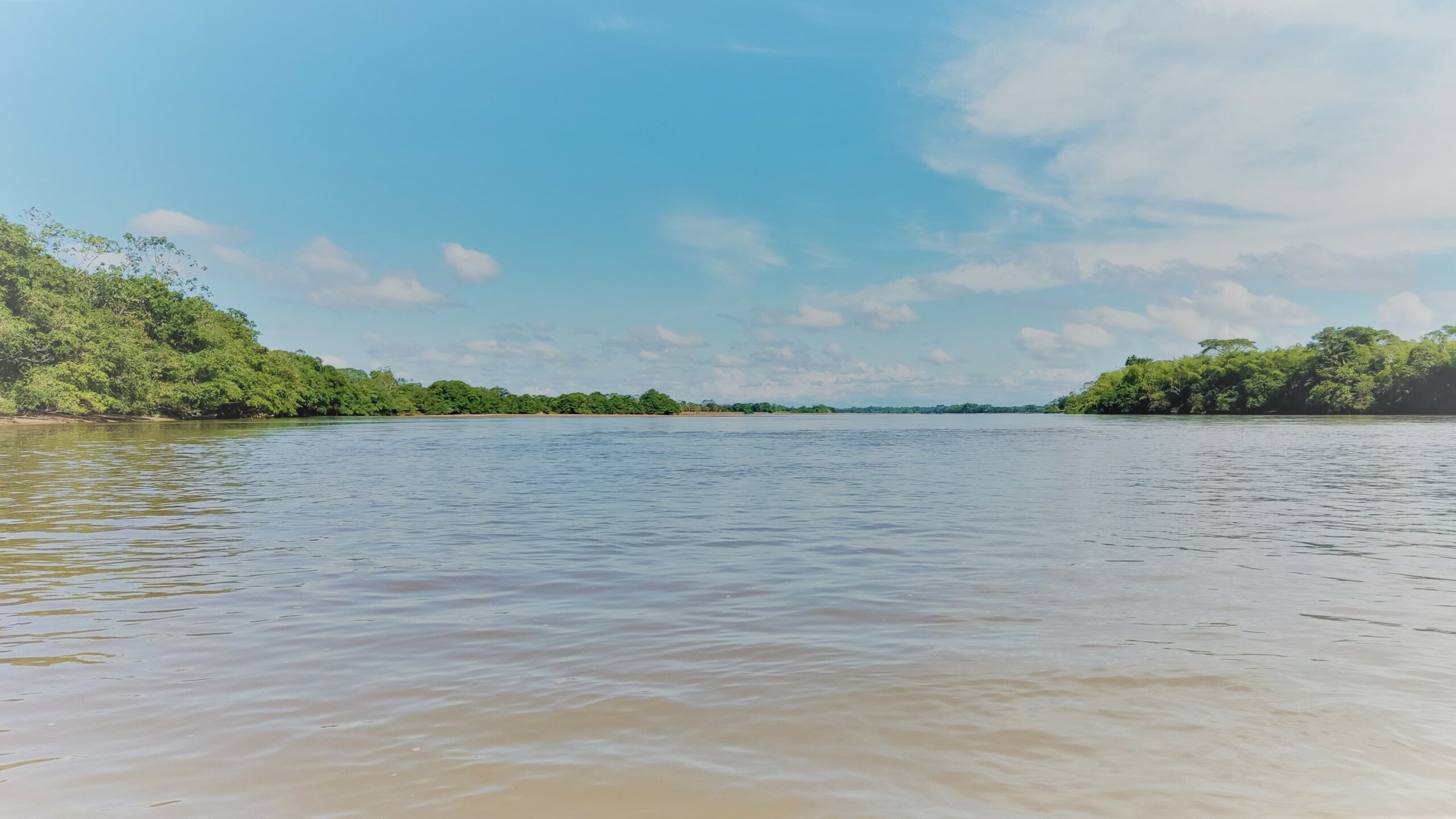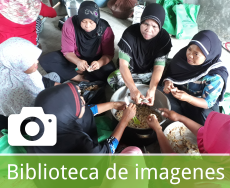En el Día Internacional de los Pueblos Indígenas, celebramos el reconocimiento del IPCC del papel que juegan las mujeres y los hombres indígenas en la protección de los bosques, la mitigación climática y la conservación de la biodiversidad
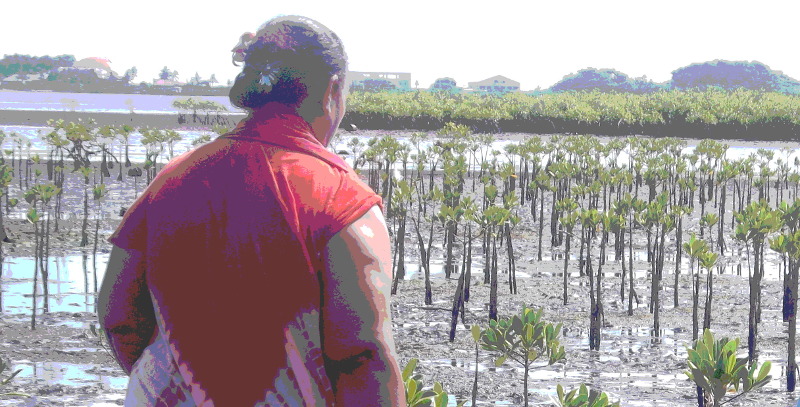
La necesidad de proteger los bosques y la biodiversidad para mitigar los impactos climáticos es una de las conclusiones clave del último informe especial del Panel Intergubernamental sobre Cambio Climático (IPCC) sobre el cambio climático y la tierra. Explica cuán vitales son los ecosistemas saludables y funcionales para mitigar los aumentos de la temperatura global. También advierte sobre los peligrosos impactos de las soluciones falsas y costosas como la bioenergía y la reforestación a gran escala, y destaca la importancia de reducir el consumo de carne y de hacer cambios en la dieta. También resalta agroecología como piedra angular de los sistemas de producción de alimentos resilientes y respetuosos con el medio ambiente.
Continuar leyendo en ingles…
Most importantly, the thousands of scientists that have contributed to this IPCC report have finally and unequivocally recognised the vital role of Indigenous Peoples and local communities in conserving forests and other precious ecosystems. They recommend the recognition of land and governance rights for Indigenous Peoples and local communities and highlight the importance of collective actions to conserve forests and other ecosystems by local communities. Despite this, they failed to specifically recognise the role of indigenous women in biodiversity conservation.
But indigenous women don’t need the IPCC to tell them how effective their their customary practices and traditional knowledge are at conserving biodiversity—they live them every day, usually with very little recognition and support by governments, and often under extreme threat of violence and forced displacement. Through the courageous work of our member groups and partner organisations we’re privileged to be able to support some of these community actions, particularly the organising power of indigenous women’s groups, through the Women2030 programme and our other campaigns.
We’ve picked out three recent examples that highlight the incredible work that indigenous women are doing in their communities:

Margaret Nguratiang and Juana Quispe Alanoca are two indigenous women that are training other women in their communities to build self-determination and empowerment of women’s organisations, and their stories featured in the #HerstoryOfChange twitterstorm that coincided with the High-level Political Forum (HLPF) last month;
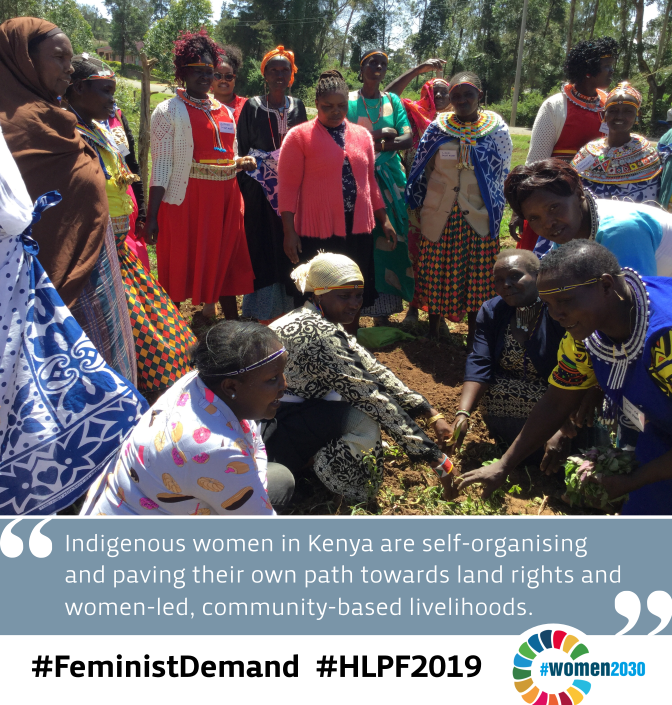
Rural indigenous women in Kenya are skill-sharing through the Women2030 programme, and fighting for land rights and sustainable livelihoods in order to have control over the land they grow food on, their local economies and the decisions that affect them, and;
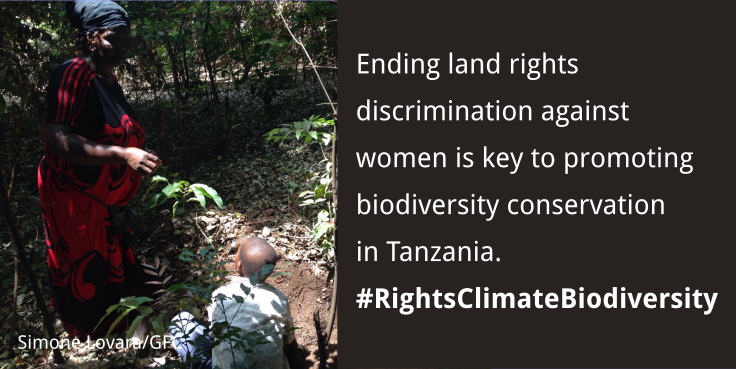
Last week, two case studies published by GFC and the Climate Land Ambition Rights Alliance (CLARA) ahead of the launch of the IPCC report show how indigenous women in Tanzania and Samoa are already implementing effective and just climate solutions, despite the challenges they face.
These are examples of rights-based biodiversity conservation and climate mitigation in action. The world has had enough of never-ending negotiations over watered-down reports that are ignored anyway—it’s time to follow the example set by these indigenous women, and acknowledge and support the fantastic work that they are doing!

